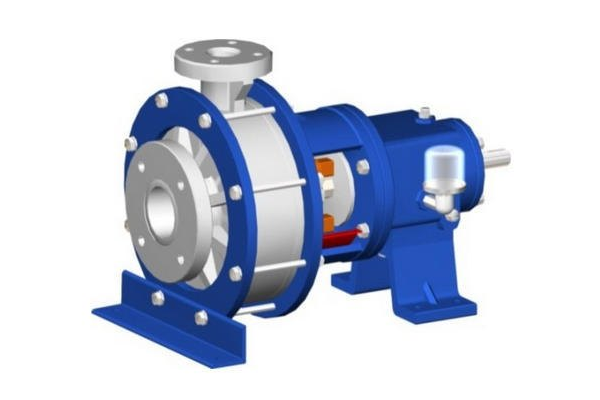In industries handling aggressive chemicals—acids, alkalis, solvents, effluents—equipment durability and chemical compatibility are non-negotiable. Here, polypropylene (PP) pumps shine as a smart material choice. PP is a thermoplastic polymer known for remarkable corrosion resistance, lightweight construction, and stable performance in harsh environments. March Pump+2March Pump+2 Because PP resists attack from most acids, alkalis, and many organic solvents, a pump made of polypropylene can last much longer when handling those fluids compared to metal pumps that would corrode or suffer pitting. March Pump+2sujalpumps.com+2
But it’s not just about corrosion. PP pumps are generally lighter, easier to install, and lower in cost versus exotic alloy pumps. jeepumps.com+2pvdfpump.com+2 Also, maintenance is simpler since there’s little rusting or scale buildup. Their molded design enables good sealing, and compatibility with magnetic drive or diaphragm configurations further reduces leak risks. March Pump+2nirmalapumps.com+2 For factories in chemical processing, pharmaceutical, wastewater treatment, plating, or fertilizer plants, PP pumps offer a balance of reliability, chemical resilience, and cost effectiveness—making them a preferred solution when the fluids are aggressive or corrosive.

Rinku Engineers can leverage polypropylene pump technology to deliver solutions tailored for your unique fluid-handling needs. Whether you need centrifugal PP pumps, PP AODD (air-operated diaphragm) pumps, or magnetic drive PP pumps, Rinku can engineer designs that suit your flow, head, and chemical compatibility requirements. Their expertise allows for customizing impeller types, seal materials, and housing geometry so the pump matches your process perfectly. With Rinku’s PP pumps, customers can expect longer service life, fewer leak concerns, and assured performance even under hostile chemical conditions.
Frequently Asked Questions (FAQs)
What kinds of fluids can polypropylene pumps handle?
They are excellent for acids, alkalis, solvents, corrosive salts, many organic chemicals, bleaches, and other aggressive liquids
Are PP pumps suitable for high-temperature operations?
Polypropylene has a melting/softening threshold, so PP pumps are typically limited to moderate temperatures (often up to ~ 70 °C or somewhat higher depending on grade)
What pump types use polypropylene construction?
Centrifugal PP pumps, magnetic drive PP pumps, and PP AODD (air-operated double diaphragm) pumps are common forms.
What are the main advantages of polypropylene pumps over metal pumps?
– Superior corrosion resistance to many chemicals
– Lightweight and easier to install
– Lower capital cost and maintenance
What are the limitations of PP pumps?
They may not tolerate very high temperatures or extreme pressures; mechanical strength is lower than metal in some cases; some chemicals (strong oxidizers, hot acids) may affect PP over time. Also, seal and diaphragm materials must be chosen carefully.
How do I choose the right PP pump for my application?
Look at fluid chemistry, concentration, temperature, flow rate, pressure head, and compatibility of sealing components. Also evaluate pump type (centrifugal, AODD, magnetic drive) depending on your system’s layout and leakage tolerance.














